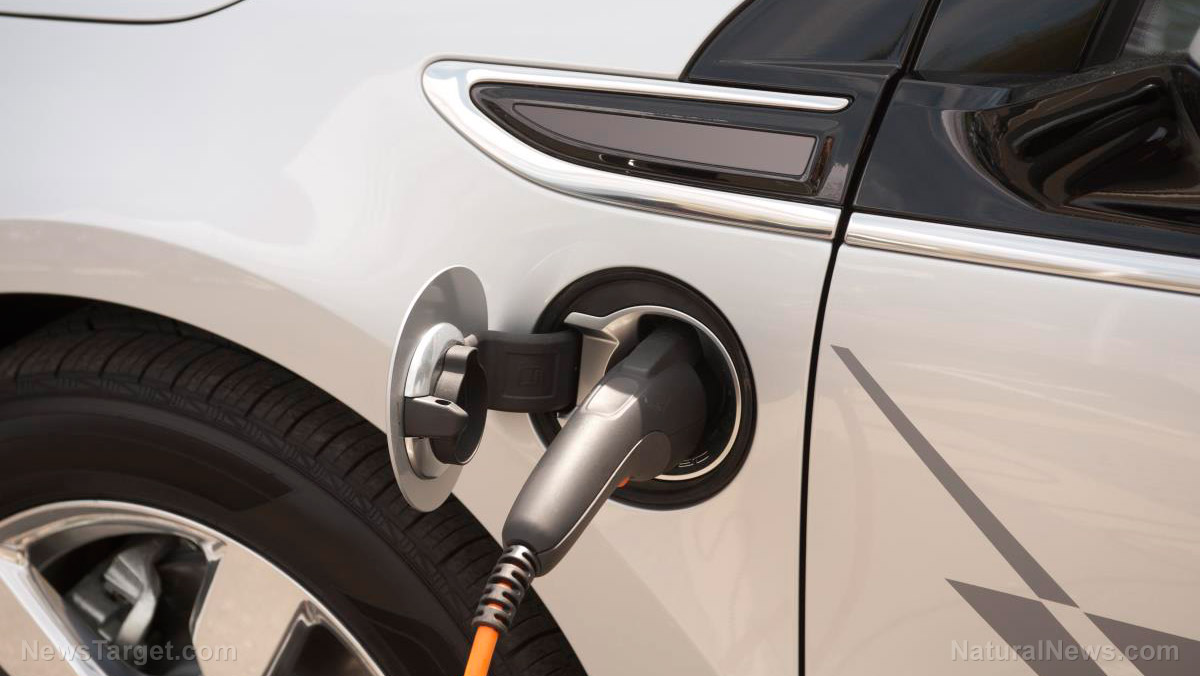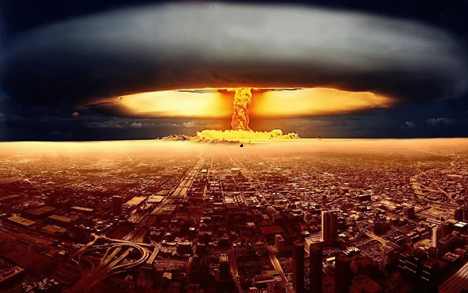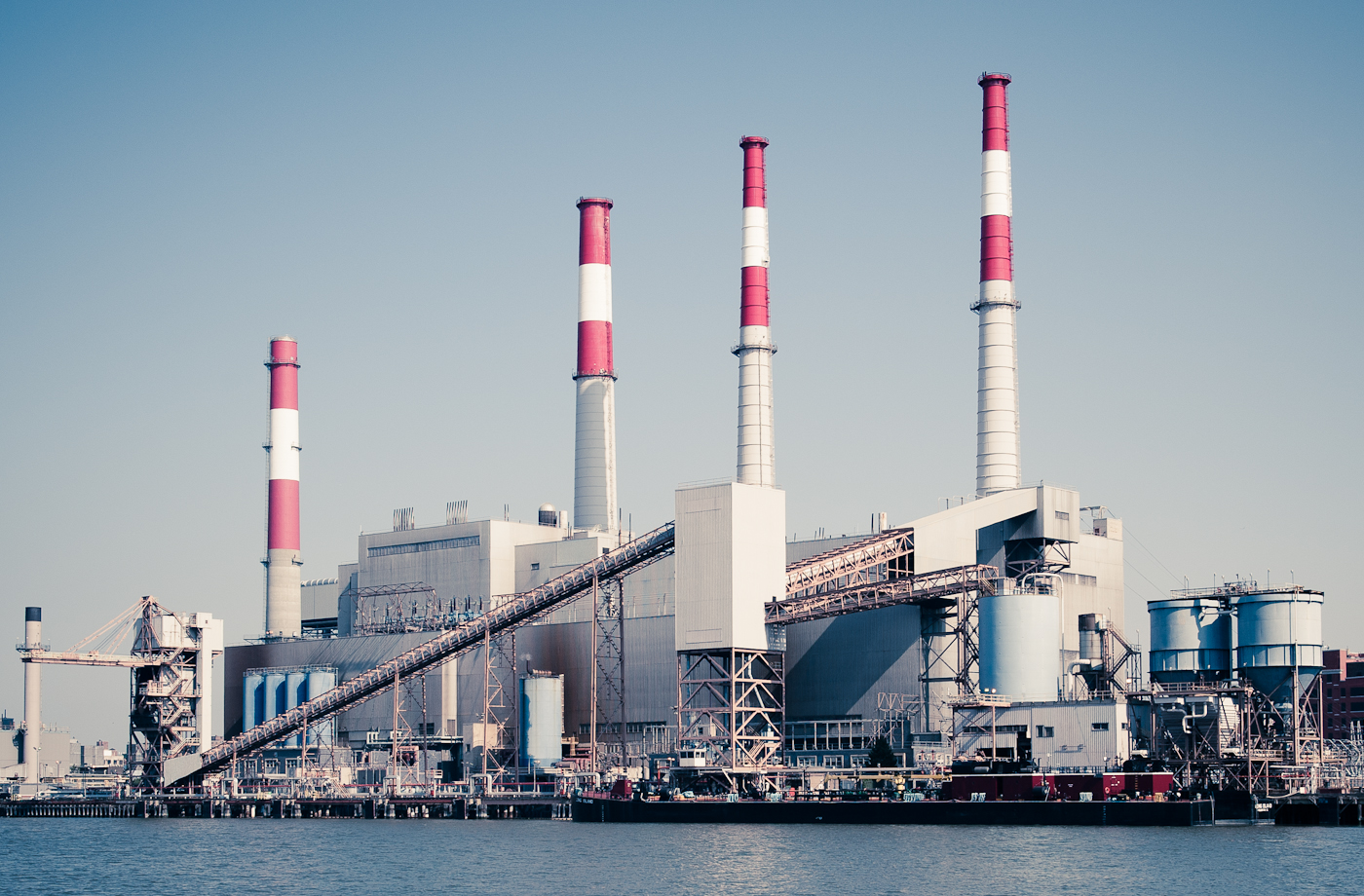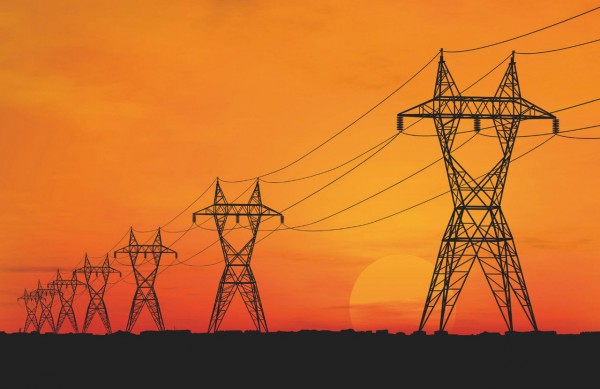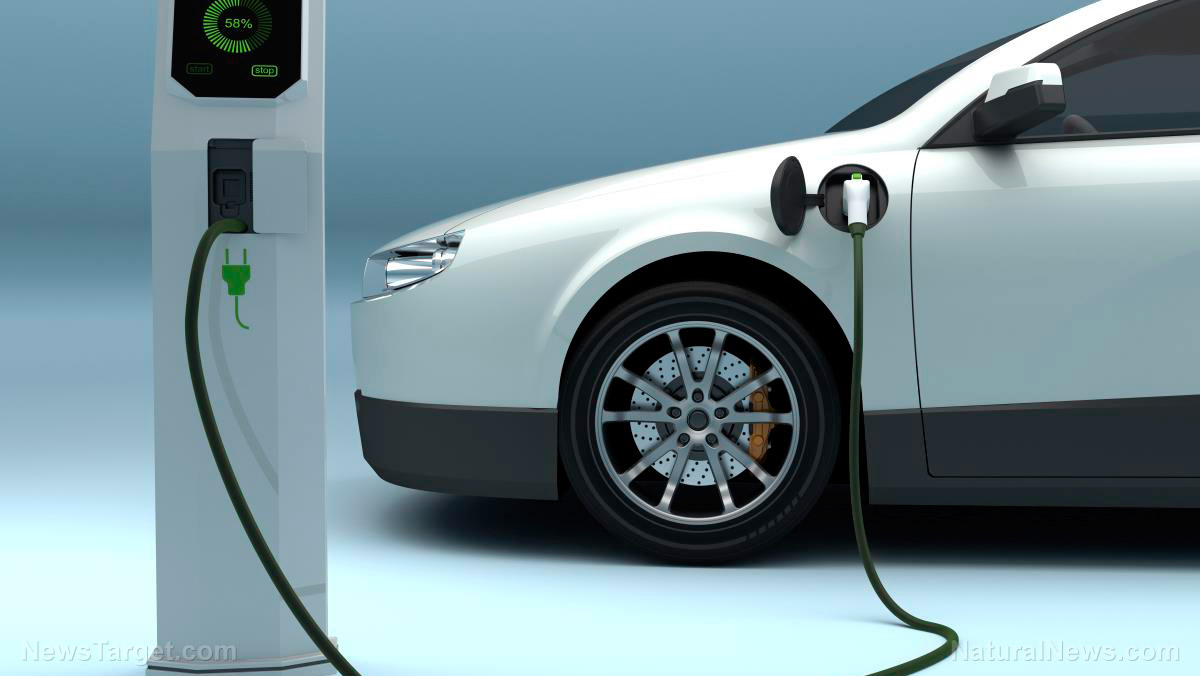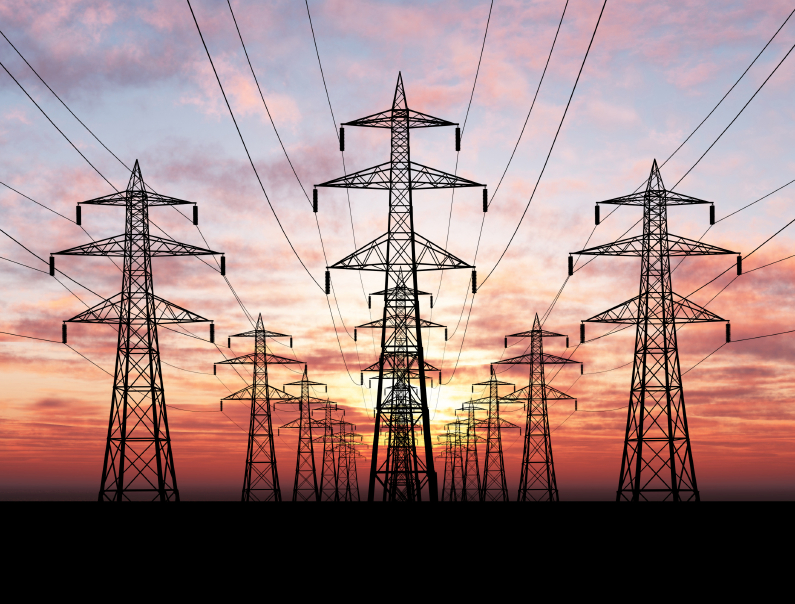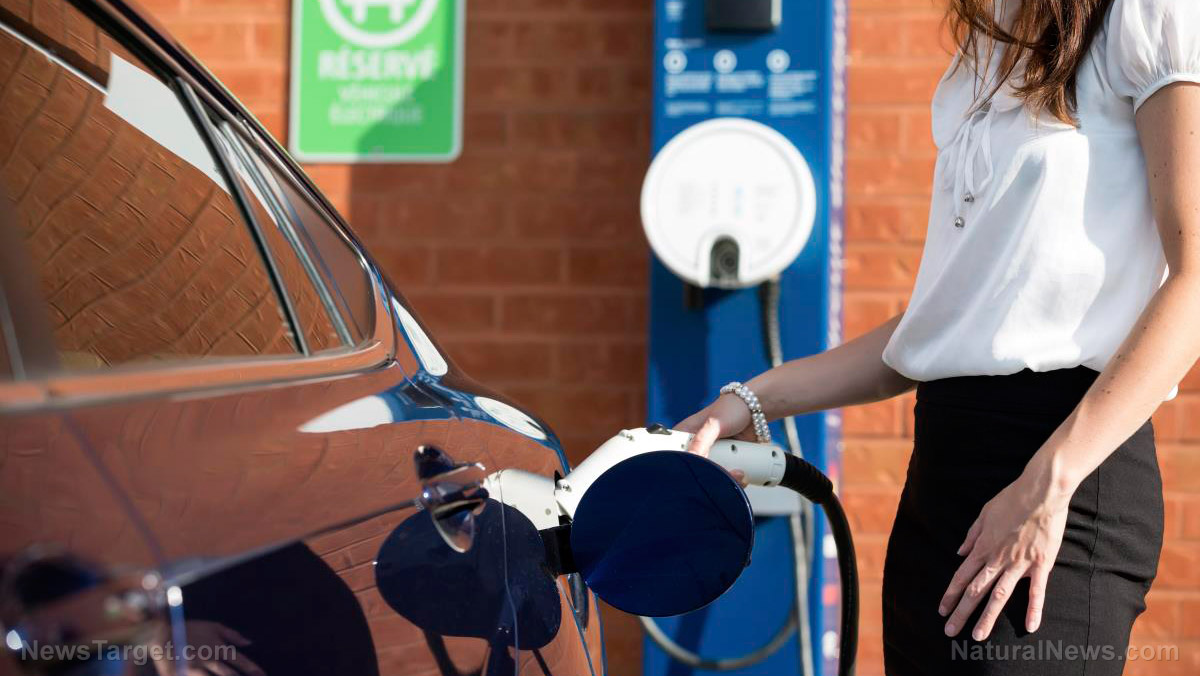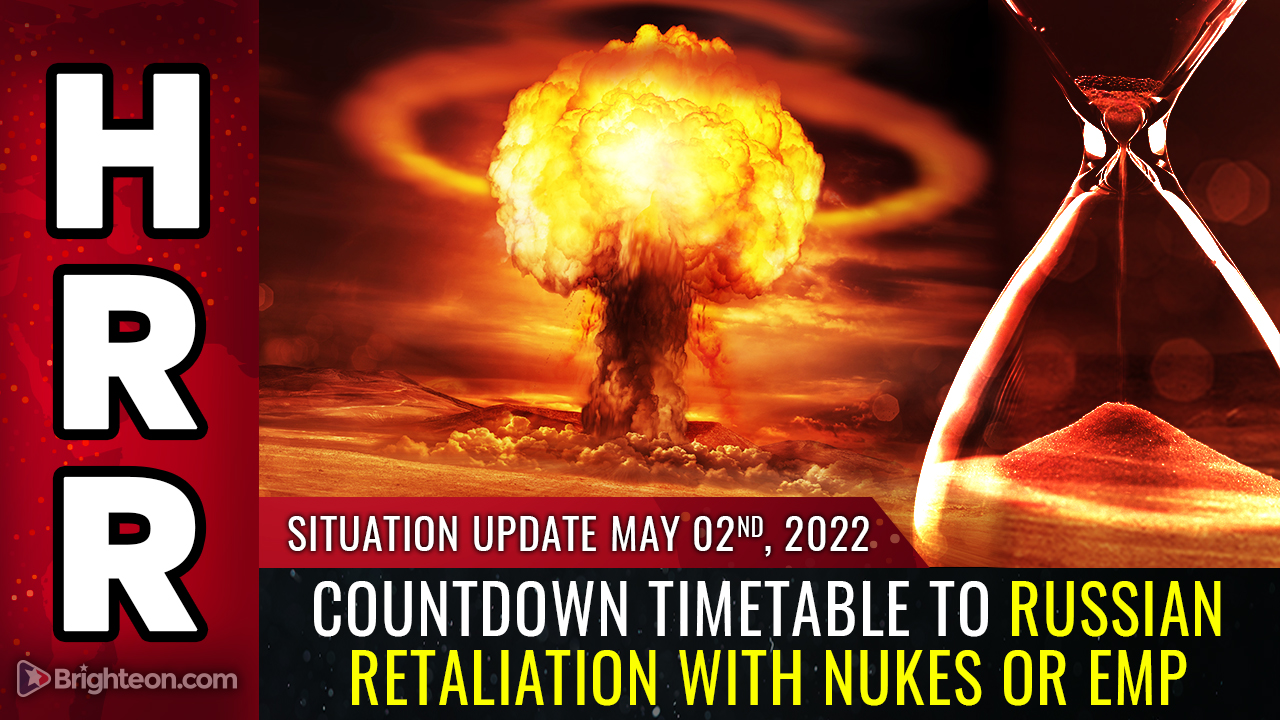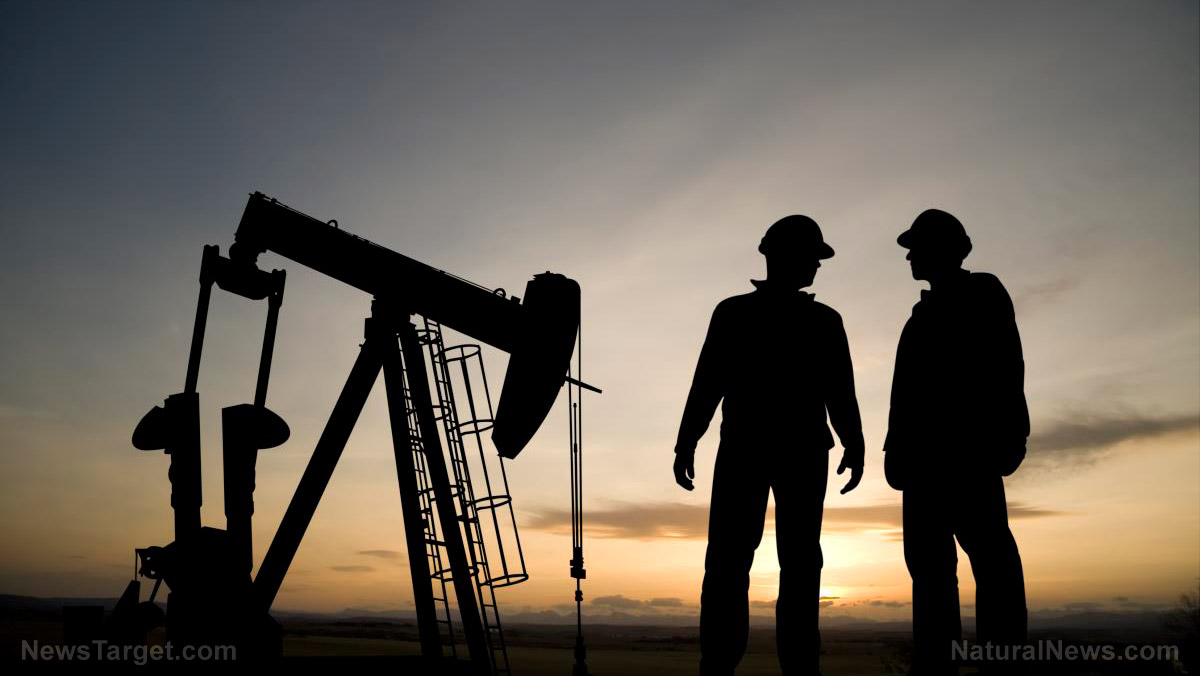European countries mull increasing investment in fossil fuels to maintain energy security
03/16/2022 / By Arsenio Toledo

European countries are considering increasing their investments in fossil fuels to maintain energy security.
In recent years, many European countries – as well as nations in other parts of the world – have carried out programs to lessen the consumption of fossil fuels in favor of investing in more renewable energy sources like wind and solar. What it did was further the political climate agendas of progressives and environmentalists at the expense of the energy security and stability of their nations.
In Europe, most of the continent is in turmoil following the Russian invasion of Ukraine and the subsequent economic sanctions placed upon the country. This has prevented much of the continent from being able to receive all of the Russian oil and natural gas it uses to keep the lights on. Europe relies on Russia to supply 40 percent of its natural gas, 27 percent of its oil needs and 46 percent of its coal. (Related: Biden begging socialist Venezuela for oil after killing US energy independence.)
In Germany, the new coalition government headed by a left-wing party and an environmentalist party will not approve any new permits for drilling oil and gas in the North Sea. Finance Minister Christian Lindner of the pro-free market Free Democrats Party believes this part of the agreement should be postponed as the current energy crisis has highlighted how much the country needs fossil fuels.
“We have to question the decision in the coalition agreement. Due to global market price developments, this looks more economical,” he said in an interview with German newspaper Der Tagesspiegel. “Against the changed geopolitical background, I think it is advisable to examine the entire energy strategy of our country without any prohibitions on thinking.”
Europe looking to divest from Russian fossil fuels
While European countries may be looking to expand their fossil fuel reserves, the continent wants to do so independent of Russia.
In an upcoming summit of EU leaders, the bloc is expected to move forward with a program to immediately refill gas stores independent of Russia in preparation for the next winter.
“Refilling of gas storage across the Union should start now,” reads a draft document of the conclusions for the summit. “Member States and the [European Commission] will urgently coordinate measures necessary to ensure adequate levels of gas storage before the next winter.”
While European countries may be in agreement with their desires to phase out their reliance on Russian oil, gas and coal, there is some disagreement on what short-term measures could be put in place to limit the effects of the ongoing energy crisis.
Belgian Prime Minister Alexander De Croo wants the entire bloc to agree on Europe-wide price controls. Dutch Prime Minister Mark Rutte argued such a move could make it difficult for the EU to divest from Russian fossil fuels.
Rutte argued that intervening in the market by introducing price caps could make the continent an unattractive place for would-be fossil fuel exporters to deliver fuel to Europe. Such a move would force the EU to keep relying on Russian oil and gas.
Other countries like Latvia and Poland argue for completely halting purchases of Russian energy first, regardless of where the bloc or the individual EU member states choose to reinvest in fossil fuels and in what manner.
Latvia and Poland believe an energy embargo on Russia would have an effect and could lead to the nation becoming unable to continue funding its invasion of Ukraine.
“If we were to stop the purchase of Russian energy, that would stop the funding of the Russian military machine,” said Latvian Prime Minister Krisjanis Karins. “If not tougher sanctions now, then when?”
“Ukrainians are paying with their own blood” for Europe’s energy purchases from Russia, said one Polish diplomat.
Germany and Hungary are opposed to energy embargoes due to their dependence on Russian fossil fuels. They argue that not only would Europe be unable to keep the lights on, it would also have a severe effect on Europe’s economy and push the already-high energy prices even further.
“While we condemn Russia’s armed offensive and we also condemn the war, we will not allow Hungarian families to be made to pay the price,” said Hungarian Prime Minister Viktor Orban.
Learn more about the energy crisis in Europe by reading the latest articles at Power.news.
Watch this episode of “Johannes Tyrannis” as host Johannes Mathijs Koenraadt talks about Europe’s energy crisis, and what people can expect as it continues.
This video is from the Johannes Tyrannis channel on Brighteon.com.
More related stories:
Energy markets in turmoil as European gas climbs 60%.
Oil prices surge to multi-year highs as Ukraine conflict causes ripple effect in global oil supplies.
Renewables put Europe’s electrical energy at the mercy of Russia.
Sources include:
Submit a correction >>
Tagged Under:
big government, Collapse, electricity, energy crisis, energy security, energy supply, environment, Europe, European Union, fossil fuels, Germany, green tyranny, natural gas, oil, products, renewable energy, renewables, Russia, sanctions, Ukraine
This article may contain statements that reflect the opinion of the author
RECENT NEWS & ARTICLES
PowerGrid.News is a fact-based public education website published by Power Grid News Features, LLC.
All content copyright © 2018 by Power Grid News Features, LLC.
Contact Us with Tips or Corrections
All trademarks, registered trademarks and servicemarks mentioned on this site are the property of their respective owners.

